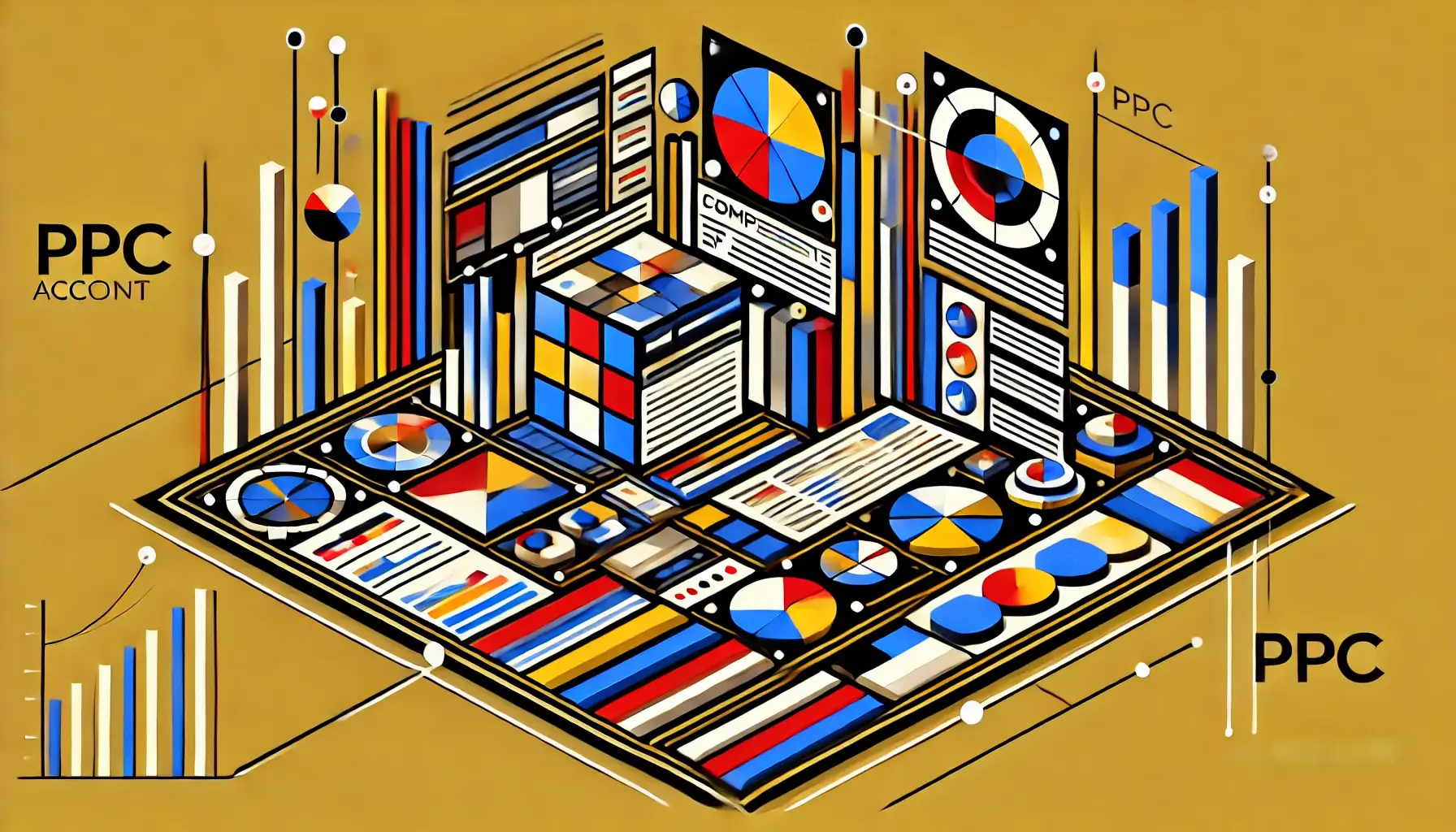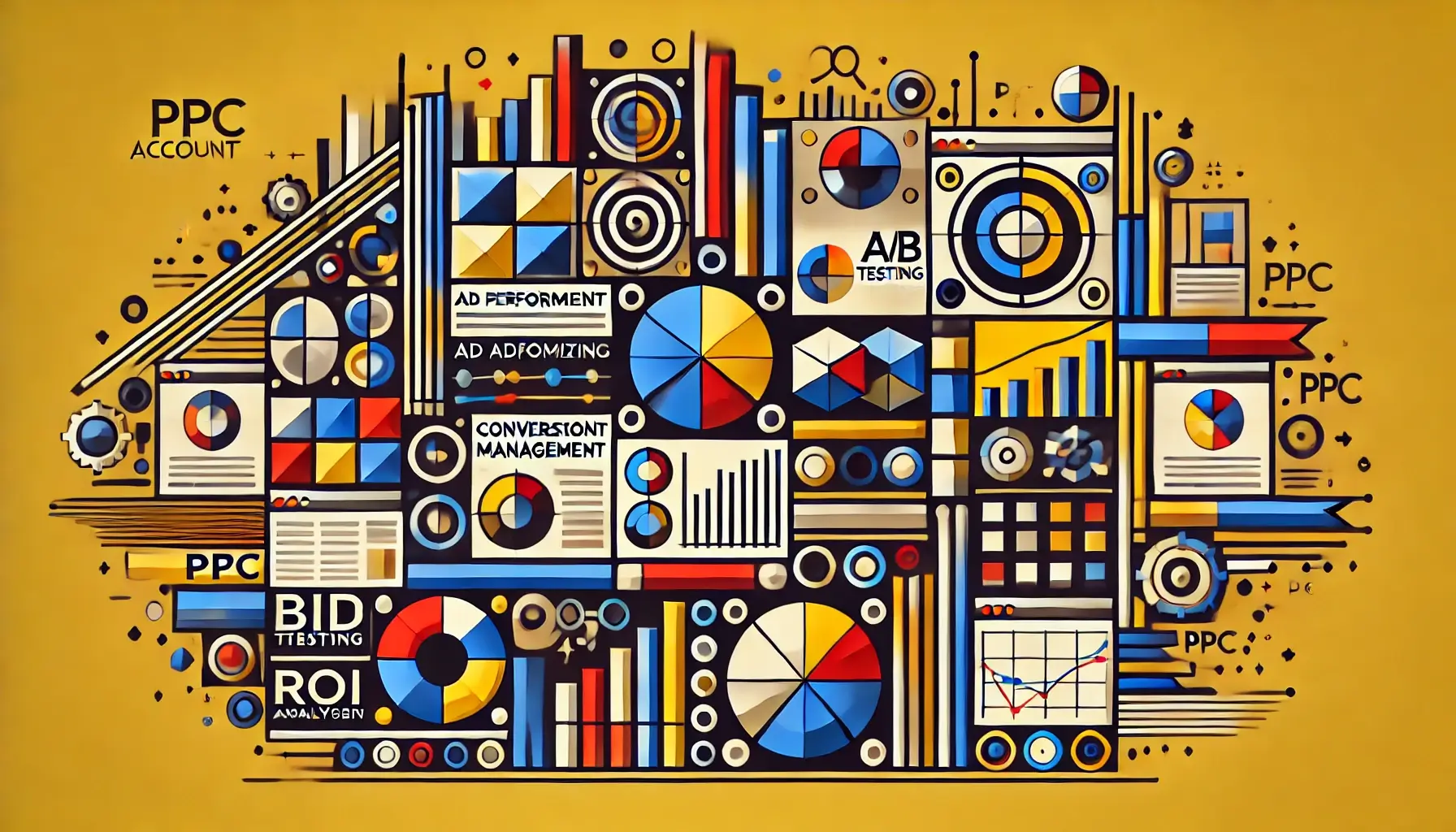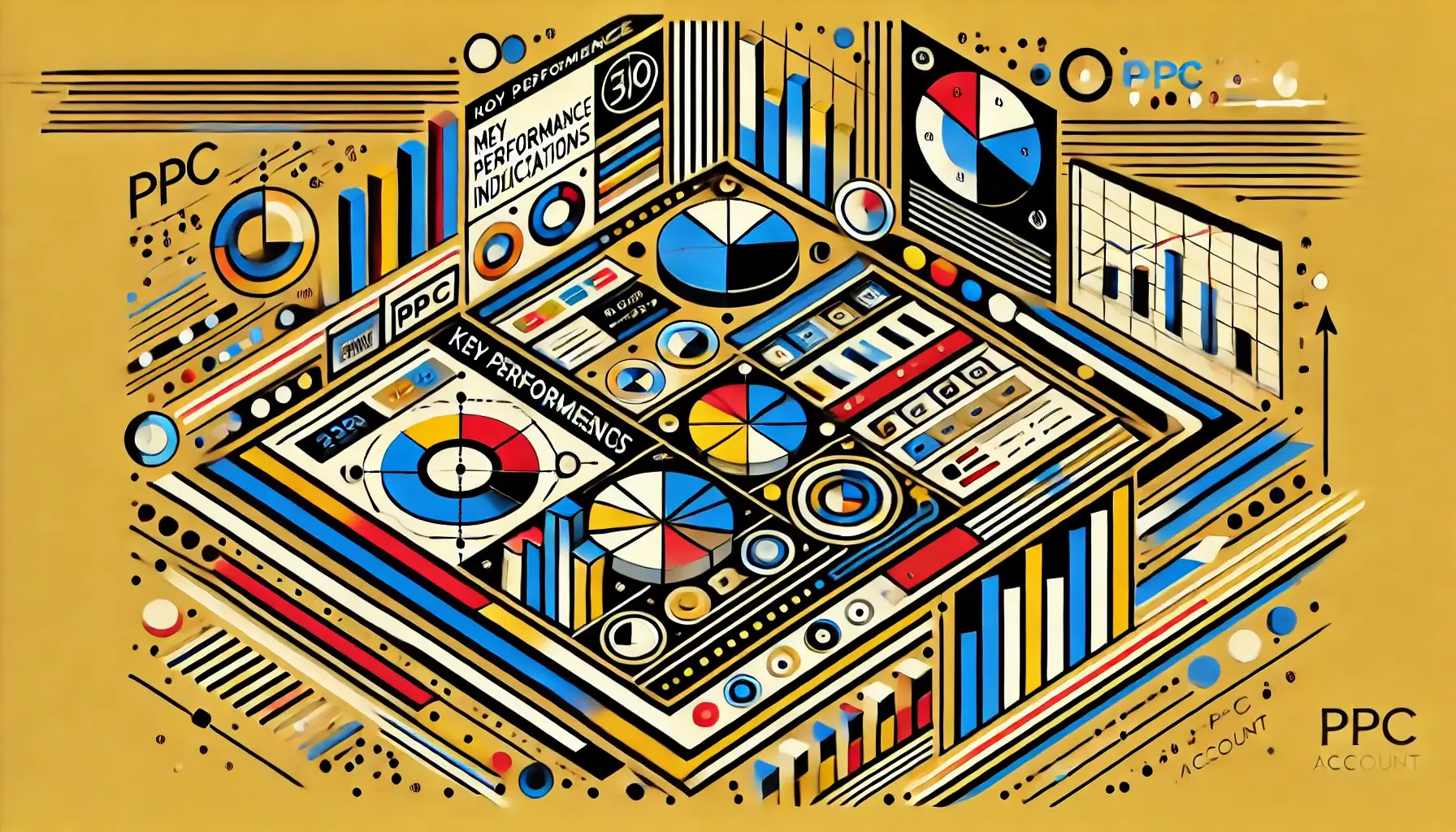PPC, or pay-per-click, is an online advertising model where advertisers pay a fee each time someone clicks on their ad.
It’s a way of buying visits to your site rather than earning them organically.
The most popular PPC platform is Google Ads, but others like Bing Ads and social media platforms also offer PPC options.
The Importance of PPC in Digital Marketing
PPC plays a vital role in digital marketing strategies for several reasons:
- Targeted reach: PPC allows you to target specific audiences based on factors like location, demographics, and interests.
- Immediate visibility: Unlike SEO, which can take time to show results, PPC ads appear at the top of search results immediately.
- Measurable results: PPC provides detailed analytics, making it easy to track and measure your campaign’s success.
- Budget control: You have complete control over how much you spend, making it suitable for businesses of all sizes.
Components of a PPC Account
 To effectively manage a PPC account, it’s essential to understand its key components:
To effectively manage a PPC account, it’s essential to understand its key components:
Campaigns and Ad Groups
- Campaigns: These are the overarching structures that contain your ad groups, keywords, and ads. They often focus on a specific product line or service.
- Ad Groups: Within campaigns, ad groups contain a set of related keywords and ads that target a specific theme or product offering.
Keywords and Match Types
Keywords are the foundation of PPC advertising.
They’re the terms or phrases that trigger your ads to appear in search results.
Match types determine how closely a user’s search query needs to match your keyword for your ad to show:
- Broad match: Reaches the widest audience but may include less relevant searches
- Phrase match: More targeted, triggering ads when the keyword phrase is included in the search query
- Exact match: Most specific, showing ads only for searches that closely match your keyword
Ad Text and Landing Pages
- Ad Text: This is the content of your advertisement. It should be compelling, relevant, and include a clear call-to-action.
- Landing Pages: The web page users are directed to after clicking your ad. It should be relevant to the ad and optimized for conversions.
Setting Up a PPC Account
 Creating a PPC account involves several steps:
Creating a PPC account involves several steps:
- Choose your platform (e.g., Google Ads, Bing Ads)
- Set up your account and billing information
- Create your first campaign
- Set your budget and bidding strategy
- Write your ads and select your keywords
- Design relevant landing pages
- Launch your campaign and monitor its performance
Pro tip: Start with a small budget and a few targeted keywords to test the waters before scaling up your campaigns.
Managing and Optimizing a PPC Account
 Managing a PPC account is an ongoing process that requires regular attention:
Managing a PPC account is an ongoing process that requires regular attention:
Regular Monitoring and Adjustments
- Review your account performance regularly
- Adjust bids based on keyword performance
- Refine your ad copy to improve click-through rates
- Expand or reduce your keyword list as needed
Understanding Quality Score and Its Impact
Quality Score is a metric used by search engines to determine the relevance and quality of your ads and landing pages.
A higher Quality Score can lead to better ad positions and lower costs per click.
Measuring the Success of a PPC Account
 To gauge the effectiveness of your PPC efforts, focus on these key performance indicators (KPIs):
To gauge the effectiveness of your PPC efforts, focus on these key performance indicators (KPIs):
- Click-through rate (CTR)
- Conversion rate
- Cost per conversion
- Return on ad spend (ROAS)
Use tools like Google Analytics and Google Ads’ built-in reporting to track these metrics and make data-driven decisions.
Conclusion
Understanding what a PPC account is and how to manage it effectively can significantly boost your online marketing efforts.
By grasping the basics, setting up your account correctly, and continuously optimizing your campaigns, you can harness the power of PPC advertising to drive targeted traffic and achieve your marketing goals.
Remember, success in PPC requires ongoing learning and adaptation, so stay curious and keep refining your strategies.
 To effectively manage a PPC account, it’s essential to understand its key components:
To effectively manage a PPC account, it’s essential to understand its key components: Creating a PPC account involves several steps:
Creating a PPC account involves several steps: Managing a PPC account is an ongoing process that requires regular attention:
Managing a PPC account is an ongoing process that requires regular attention: To gauge the effectiveness of your PPC efforts, focus on these key performance indicators (KPIs):
To gauge the effectiveness of your PPC efforts, focus on these key performance indicators (KPIs):